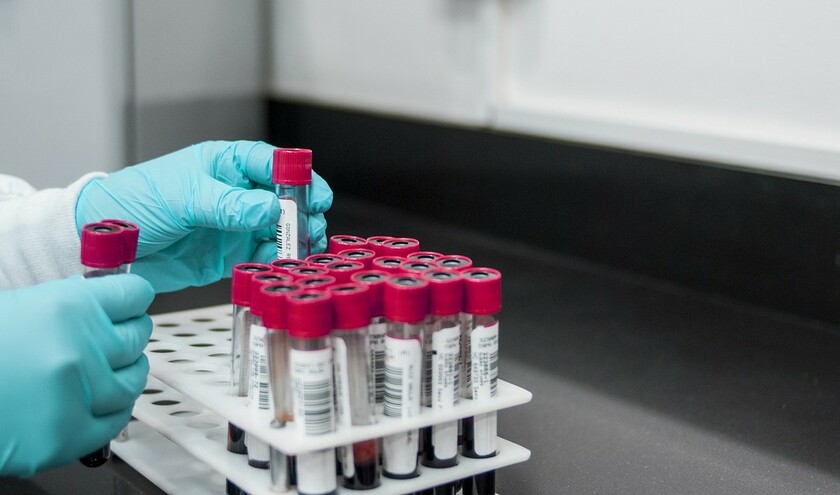The technology, made by Xgenera, in collaboration with the University of Southampton, could detect bowel cancer earlier, improving diagnosis rates.
Bowel cancer is the UK's fourth most common cancer, with more than 42,000 people diagnosed each year. Early diagnosis is crucial, with 9 in 10 people surviving bowel cancer when it's detected at stage 1, compared to just 1 in 10 when diagnosed at stage 4.
In collaboration with the National Institute for Health and Care Research (NIHR), the Government has awarded £2.4m to progress the development of the AI-driven blood test, known as miONCO-Dx. This new solution will be assessed in a clinical trial of 8,000 patients, giving a formal and significant step towards bringing the test closer to patients by ensuring it is fit for purpose in the NHS.
The test works by measuring the microRNA in a blood sample and using AI to identify if cancer is present and if so, where it is located in the body. Initial tests have produced promising results, having shown that it is able to detect 12 of the most lethal and common cancers, including bowel cancer, at an early stage, with over 99% accuracy.
Secretary of state for health and social care, Wes Streeting, said: ‘We know that the key to surviving cancer is catching it as early as possible, so this government is taking the urgent action needed to make sure that happens through our Plan for Change, from developing world leading technology to detect bowel cancer earlier, through to setting up hubs for the UK's top scientists to research and treat the disease.'
Professor Lucy Chappell, chief scientific adviser at the DHSC and chief executive of the NIHR, added: ‘Innovations such as the mIONCO-Dx blood test offer an exciting new era in cancer detection with the potential for quicker, easier and more effective ways to detect cancers before they become more difficult to treat.'
Professor Sir Stephen Powis, NHS national medical director, said: 'This blood test has the potential to help us detect bowel cancer earlier and reduce the need for invasive tests, and the next step in this trial will now be vital in gathering further evidence on its effectiveness and how it could work in practice.'



